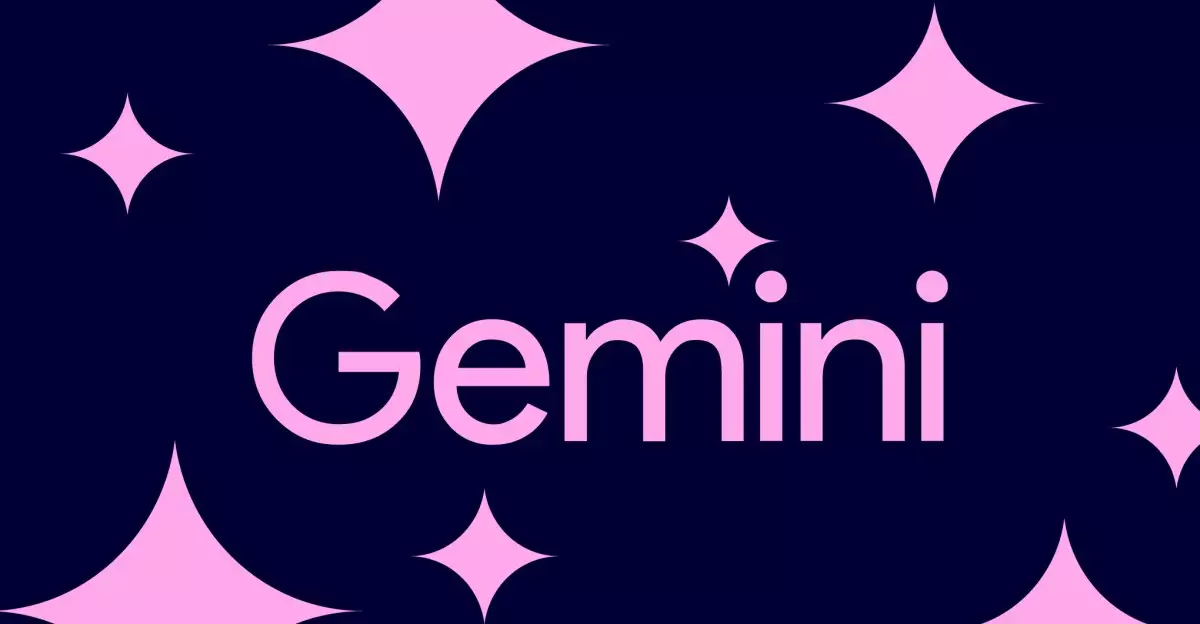Google is making significant strides in the integration of artificial intelligence into the lives of children with its upcoming launch of Gemini apps, specifically targeted at users under 13 who have managed family accounts. This initiative represents a forward-thinking approach to children’s digital experiences, merging education with technology in a way that promises to enhance their learning opportunities. The critical upside is that Gemini aims to serve as a virtual tutor, assisting children with everything from homework to storytelling. Such tools not only provide instant access to a wealth of information but also encourage creativity by engaging young minds in novel ways.
Safeguarding Children’s Digital Interaction
Though the benefits of Gemini are apparent, the implications of allowing children to interact with AI are profound and raise important questions about digital safety. Google takes this matter seriously, explicitly stating in their communications that children’s data will not be used to train their AI tools. This commitment aims to reassure parents concerned about privacy and data security. However, the company also acknowledges the potential pitfalls of AI, warning that children may encounter unexpected or inappropriate content. Such transparency demonstrates respect for parental concerns but also showcases the need for constant vigilance in digital spaces.
Teaching Digital Literacy Early
In an era dominated by technology, it is crucial to cultivate digital literacy from a young age. Google highlights the necessity of interacting with children regarding their experiences with Gemini and discussing the nature of AI comprehensively. These conversations not only educate children about the capabilities and limitations of AI but also instill a sense of caution regarding the sharing of personal information. By teaching children to differentiate between human and AI interaction, parents can help foster a more responsible and informed generation.
Balancing Innovation with Responsibility
While the educational benefits of Gemini are compelling, they come with significant responsibilities for both tech developers and parents alike. The darker side of AI interactions has been previously noted, where certain AI platforms have faced scrutiny for offering inappropriate content to minors. Google’s proactive stance in acknowledging potential risks is commendable, yet the onus still falls upon parents to navigate this new terrain effectively. The challenge lies in balancing the innovative potential of AI with the imperative to shield children from its perhaps unintended consequences.
The Role of Parental Controls
Parental controls, like Google’s Family Link, play a crucial role in moderating children’s interaction with technology. Designed to empower parents to oversee their children’s device usage, these controls enable them to set limits and filter content. However, it is essential for parents to not only use these tools but to actively engage in their children’s digital journeys. Creating an open dialogue about their experiences—whether positive or negative—can further enrich a child’s understanding of technology and its impact on their lives.
The launch of Gemini apps by Google signifies an important step towards enriching children’s learning experiences through AI. The initiative offers great potential, but it must be met with informed engagement and responsibility to truly benefit young users.

